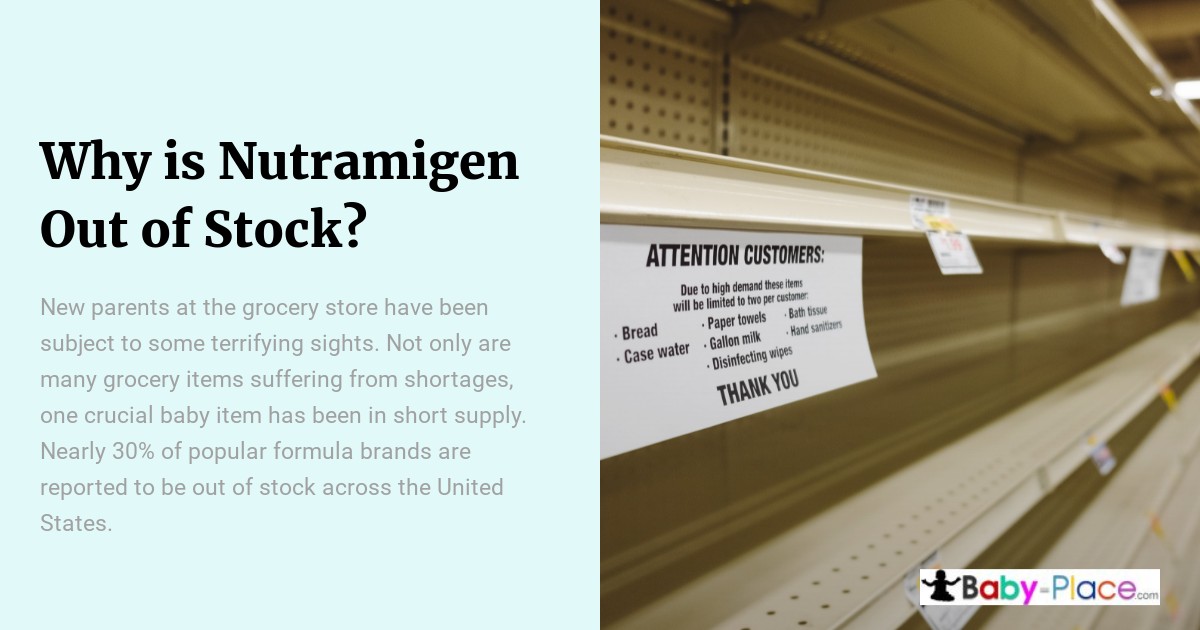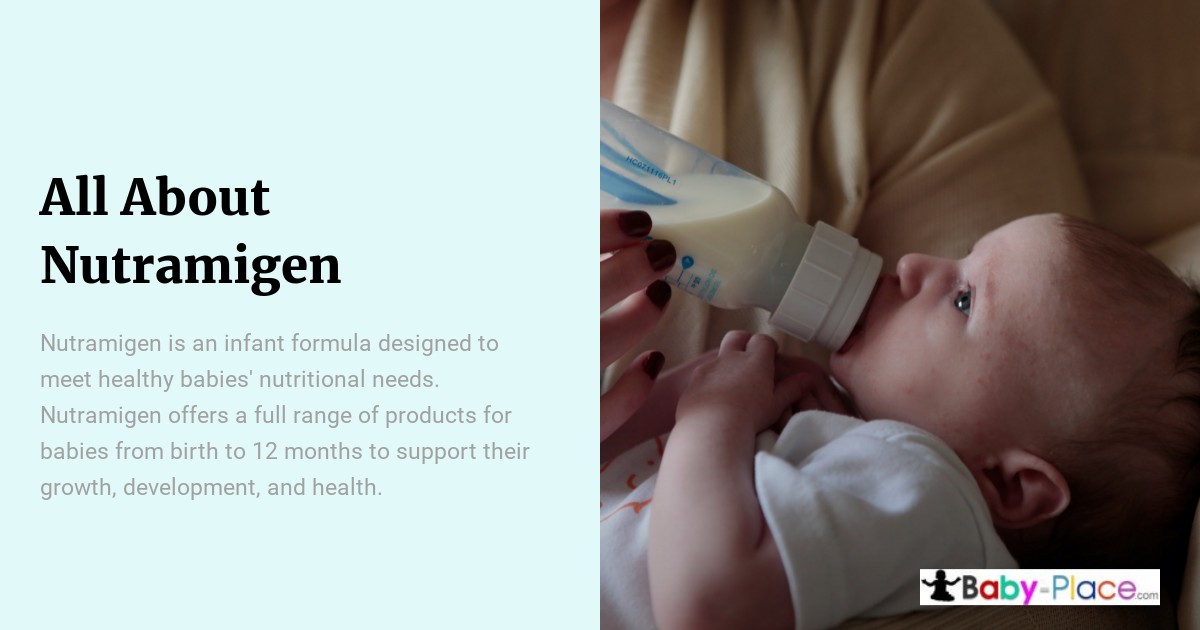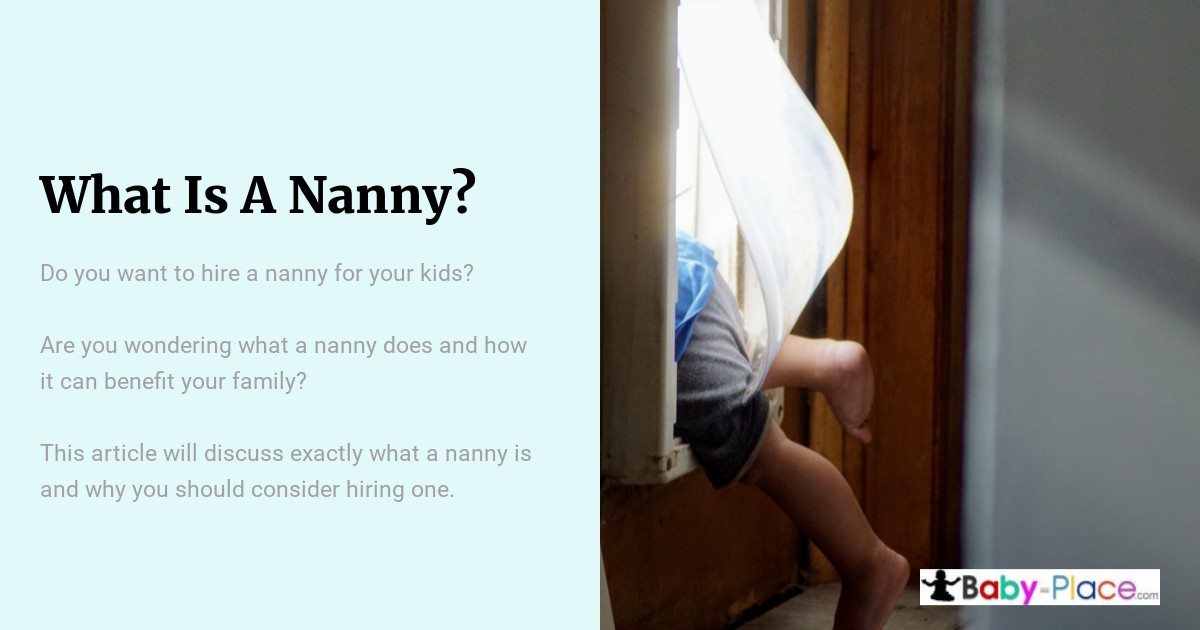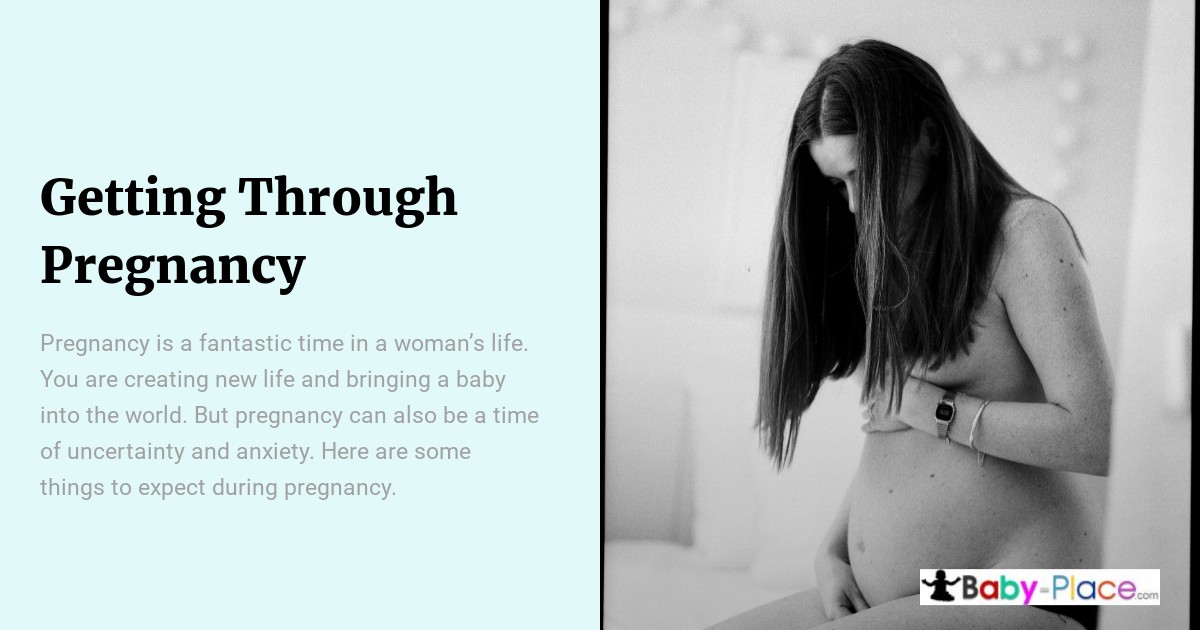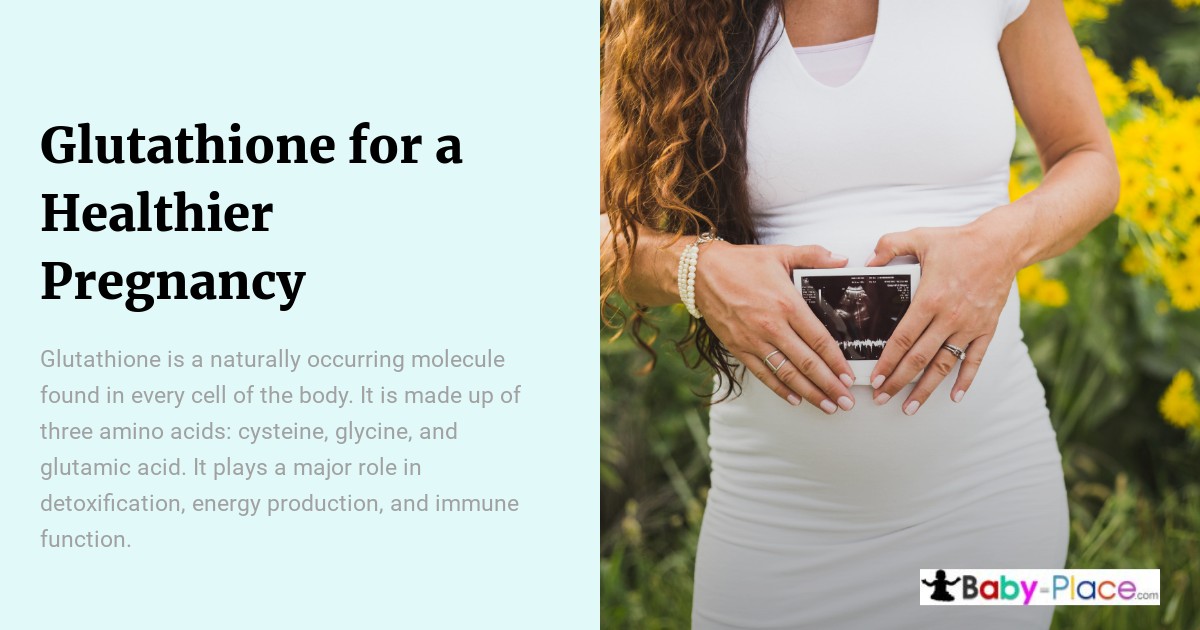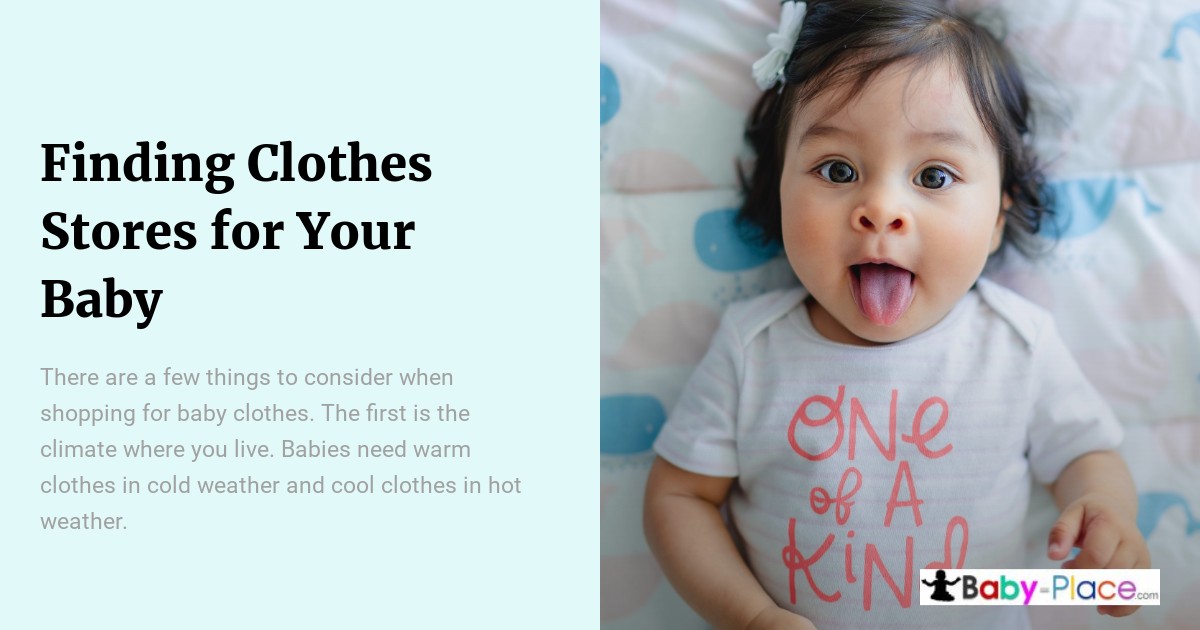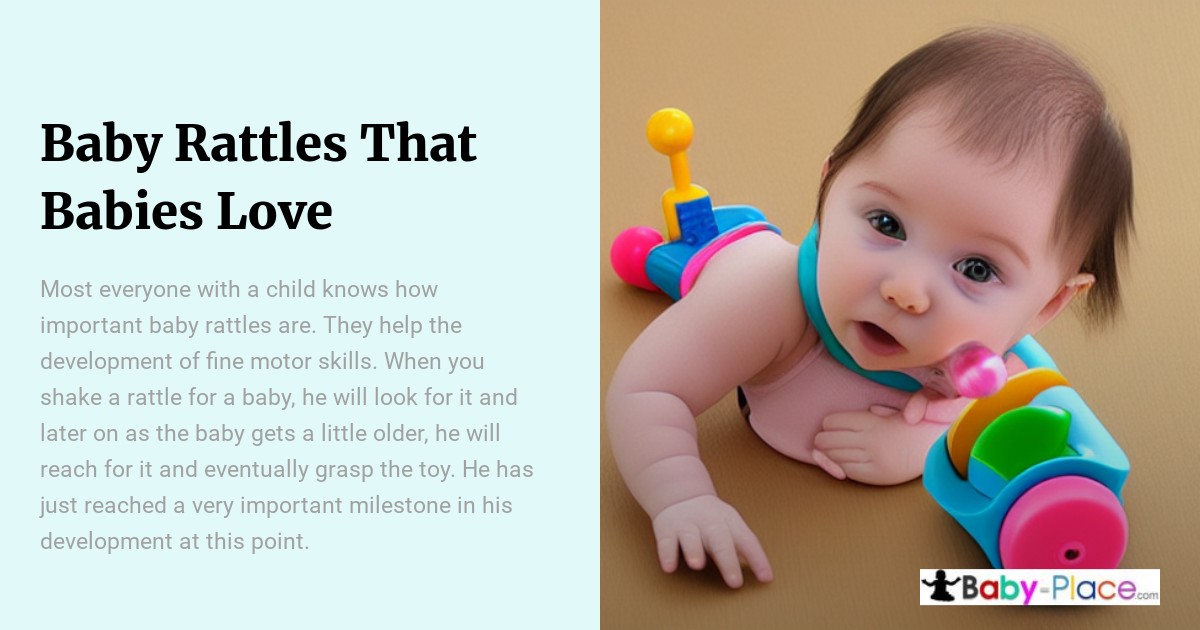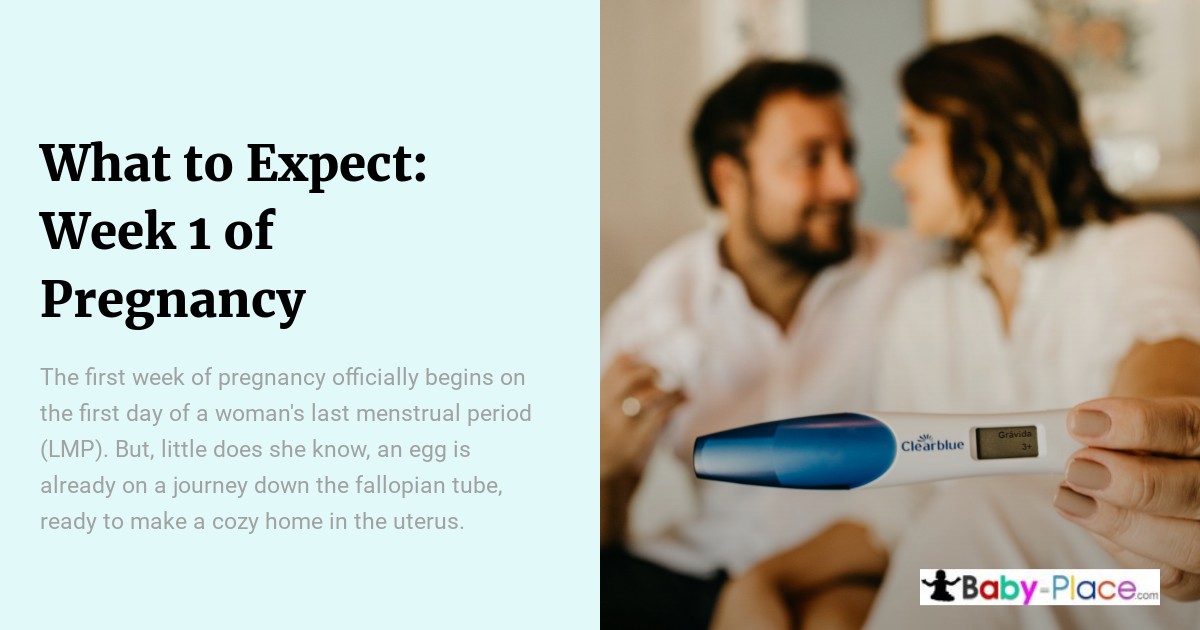Baby Formula Shortages Hit the US
New parents at the grocery store have been subject to some terrifying sights. Not only are many grocery items suffering from nationwide shortages, but one essential baby item has been in short supply.
Nearly 30% of popular baby formula brands are reported to be out of stock across the United States.
While there is a baby formula shortage across the board, certain types, primarily hypogenic baby formulas, are harder to find than others. Enfamil’s Nutramigen, a hypoallergenic formula popularly used for infants with allergies to cow’s or breast milk, has become increasingly more difficult to find.
Many desperate parents find themselves forced to jump from store to store in hopes of finding a can during this baby formula shortage.
Why is Nutramigen out of stock?
The answer comes down to two basic causes. Bacterial infections resulting in Nutramigen recalls and supply chain issues have dramatically reduced the availability of all kinds of baby formula, making specialty baby formulas like Nutramigen even harder to come by. This has caused a Nutramigen shortage.
Why might there be a Nutramigen Recall?
In the event of a Nutramigen recall, it is important to follow the instructions provided by the manufacturer or the regulatory agency overseeing the recall. This may include returning the product for a refund or replacement and seeking an alternative formula for your infant.
A recall can be a potential disaster for any company, but in the case of Nutramigen, it could be even more significant due to the connection with babies and the intense concern of parents. The media publicity could be significant as well.
These are a few potential reasons why there might be a recall of Nutramigen:
Contamination
If the formula becomes contaminated with bacteria, viruses, or other harmful substances, it could pose a risk to infants who consume it. This could occur during the manufacturing process, for example, if the equipment used to produce the formula is not sterilized correctly or if there is a breach in the packaging that allows contamination from the environment.
Contamination could also occur after the formula has been packaged and shipped, for example if it is exposed to high temperatures or moisture that allows bacteria to grow.
Ingredient quality
If the quality of the ingredients used in the formula is not up to standards, it could potentially affect the safety and effectiveness of the product.
For example, if the protein source (such as hydrolyzed casein or whey) is not properly handled or processed, it could lead to the presence of harmful bacteria or contaminants.
In addition, if the formula is lacking in essential nutrients or has an imbalance of nutrients, it could lead to problems with growth and development in infants.
Labeling errors
If there are errors on the label, such as incorrect information about the ingredients or instructions for use, it could potentially lead to a recall.
This is especially important for hypoallergenic formulas, as they are designed for infants with specific dietary needs and any errors on the label could be harmful. For example, if the label does not accurately list the ingredients or allergen warning information, it could lead to an allergic reaction in an infant who is sensitive to a particular ingredient.
Adverse reactions
If there are reports of infants experiencing adverse reactions to the formula, it could lead to a recall. This could be due to an allergic reaction to one of the ingredients, or to a problem with the formula itself. Adverse reactions could include symptoms such as rash, vomiting, diarrhea, or difficulty breathing. In these cases, it is important to identify the cause of the reaction in order to determine whether a recall is necessary.
Bacterial Infections Cause Recalls
One of the most significant contributors to the current baby formula shortage was a massive manufacturer recall after bacterial contamination resulted in the deaths of two infants. Brands such as Similac, Alimentum, and EleCare were recalled by disease control after bacterial infections in four infants were traced back to the Abbott Nutrition facility in Michigan.
All four infants infected by Abbott Nutrition were diagnosed with Cronobacter sakazakii, which is linked to sepsis and meningitis, especially in newborns.
By recalling brands produced in the Abbott Nutrition factory out of an abundance of caution, the ripple effect has resulted in more demand for other brands, such as Nutramigen. Nutramigen was not part of the recall. Those using Alimentum, another hypoallergenic baby formula option, have turned to Nutramigen, causing demand to skyrocket.
Supply Chain Issues
No matter how much of a product can be produced, if the supply chains don’t run efficiently, there’s no easy way for products to reach the shelves. Every step of the supply chain, from manufacturing to transportation to putting products on a shelf, ensures people can purchase baby formula and anything else they may need.
Supply chain issues have also compounded the situation, causing disturbances that prevent the available stock of Nutramigen and other formulas from reaching stores.
These supply chain issues are predominantly linked back to COVID-19 in one form or another, though there are some additional factors to consider. COVID-19 mandates, difficulties in procuring key ingredients, and labor shortages in all areas have dramatically reduced the amount of baby formula reaching shelves.
COVID-19 Related Mandates Bottleneck Supply Chains
COVID-19 brought many branches of the supply chain to their knees. Mandatory quarantines and social distancing, in particular, slowed down port workers, restricting their ability to ensure that products that arrived in the United States could be processed and sent to stores.
As other formulas that are imported are bottlenecked at the port, consumers turn to other brands instead. As more people buy Nutramigen, it becomes harder to keep it in stock.
Difficulty Procuring Key Ingredients
As ports are bottlenecked, key ingredients take longer to reach manufacturers. This can cause limits to just how much manufacturers can produce. As production stalls out, already-present shortages are exacerbated.
Baby Formula powders are made of between 10 and 40 ingredients, and these have become more difficult to attain. Many of the raw materials, such as sugars, dairy ingredients, and other specialty ingredients, are in short supply due to supply chain issues exacerbated by the Ukraine-Russia war.
Until these supply chain issues are worked out, we can expect Nutramigen shortages to continue.
Labor Shortages
Labor shortages independent of COVID-19 also affect the baby formula supply chain. Supply is limited without enough laborers working the various positions in the supply chain, such as packagers, port workers, and other similar jobs. Labor shortages at every stage in the manufacturing and supply chain for formulas such as Nutramigen make it harder for parents to get their hands on it.
What Now with the Nutramigen Shortage?
As parents struggle to find Nutramigen, they may become increasingly desperate and snap up the cans they find on the shelves. Panic buying powdered formula will only further cause Nutramigen shortages.
During the infant formula shortage, some parents also try a homemade formula or even milk. This is instead of a store-bought baby formula product.
By buying a two-week supply rather than buying as many formula products as possible when available, everyone can do their part to help ease the shortage.
Companies are also trying to up production as much as possible to meet growing demands for powdered milk. While stressful now, the shortage will eventually be in the past and the store shelves will once again be full of infant formula.
Where is Nutramigen Formula currently in stock?
If Nutramigen formula is not generally available, it may be difficult to find it at any retailer in the whole country.
It is, however always a good idea to check with multiple retailers, including online retailers, to see if they have any Nutramigen formula in stock.
The most likely places to have stock are larger stores. This is because they often have massive warehouses in case there is a shortage of a product. You should check with stores such as Walmart, Target, and other grocery stores and pharmacies in your area.
You can also try contacting the manufacturer, Mead Johnson, to see if they have any information on where you can purchase Nutramigen formula.

